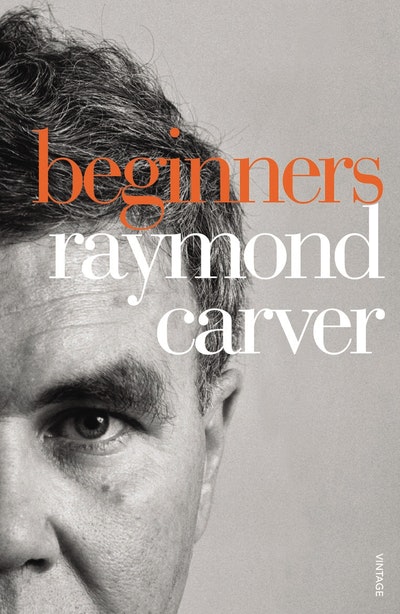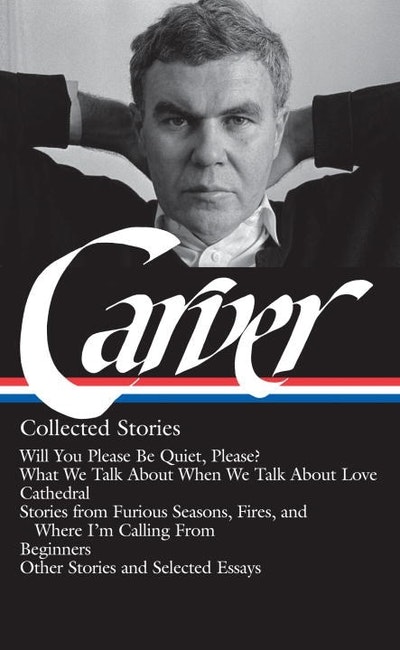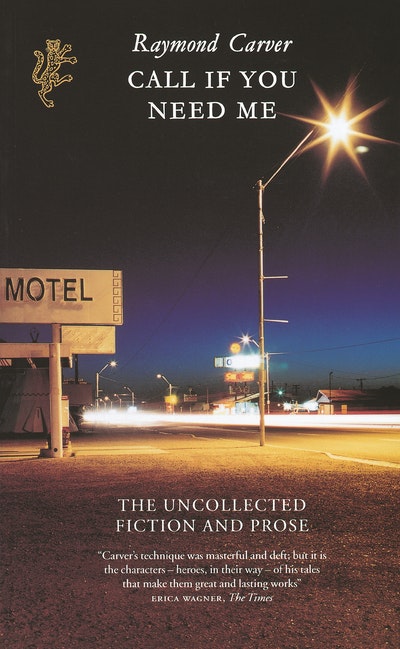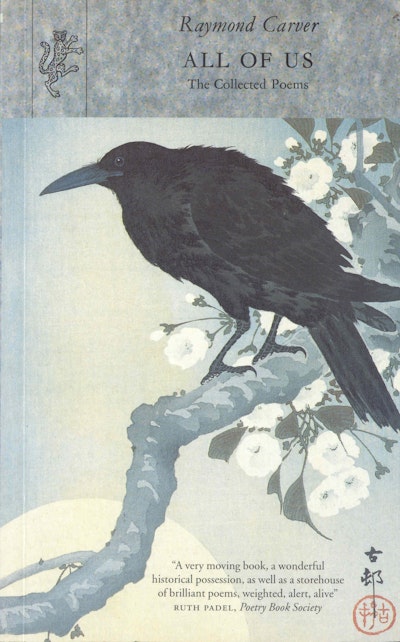- Published: 1 December 2009
- ISBN: 9780099530343
- Imprint: Vintage Classics
- Format: Paperback
- Pages: 192
- RRP: $28.00
Will You Please Be Quiet, Please?
- Published: 1 December 2009
- ISBN: 9780099530343
- Imprint: Vintage Classics
- Format: Paperback
- Pages: 192
- RRP: $28.00
Carver is the king of short fiction. His writing hits you in the pit of your stomach, and haunts you with its disenchantment. It's almost visceral.
Natasha Lunn, Red
Carver has made himself the natural successor to his true mentor, Chekhov
Financial Times
He is alert to the unique, inconspicuous incident, when a life or a marriage may change course decisively
Sunday Telegraph
Carver's stories celebrate some lasting aspects of the human condition, however minimal, conjuring up a quality of fellow feeling which gives the stories a compelling, dry-eyed poignancy, a melancholy but intensely moving authenticity
William Boyd, Daily Telegraph
There is nobody else like him. In some ways his pared-down style is an extreme development of the Hemingway style, but Carver writes about women and the ways men relate to them far more convincingly than Hemingway ever did
Frank Kermode
Carver is a master of the clear, sharp, resonant detail
Daily Telegraph
Carver has made himself the natural successor to his true mentor, Chekhov
Financial Times
He is alert to the unique, inconspicuous incident, when a life or a marriage may change course decisively
Sunday Telegraph
There is nobody else like him. In some ways his pared-down style is an extreme development of the Hemingway style, but Carver writes about women and the ways men relate to them far more convincingly than Hemingway ever did
Frank Kermode
Carver's stories celebrate some lasting aspects of the human condition, however minimal, conjuring up a quality of fellow feeling which gives the stories a compelling, dry-eyed poignancy, a melancholy but intensely moving authenticity
William Boyd, Daily Telegraph
Carver is a master of the clear, sharp, resonant detail
Daily Telegraph









